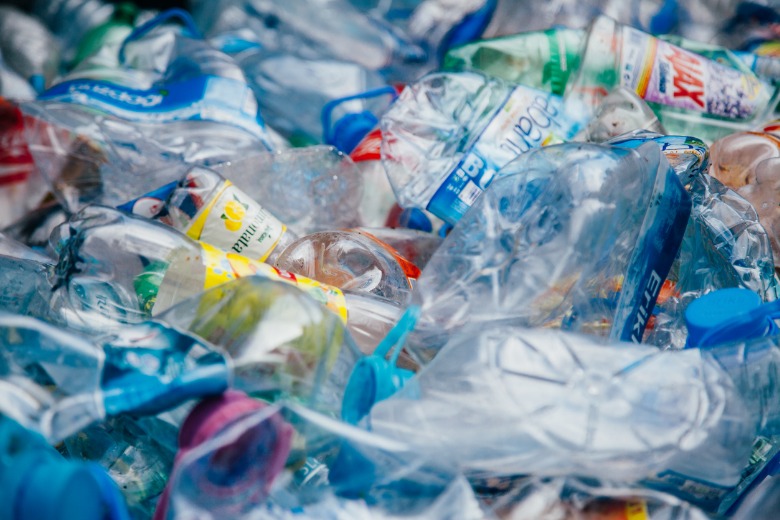
Risk management and performance reporting for the National Waste Policy Action Plan could be improved, the national audit office has found.

Auditor General Grant Hehir focused on the government’s planning, governance, implementation, monitoring and reporting on the multi-jurisdictional plan, which aims to see the amount of waste generated per person cut by ten per cent by 2030.
His report, released this week, says the government’s implementation of the NWPAP is only partly effective, with a lack of an action plan, ineffective risk management and lack of defined scope and deliverables.
“The department is unable to demonstrate that it is effectively supporting the management of risk to the implementation of the NWPAP and is not effectively managing or overseeing risk for the implementation of Australian government-led actions,” the report says.
“The effectiveness of the department’s planning and coordination activities for the implementation of the NWPAP has been reduced by lack of consensus on how jointly-led actions will be delivered. Shared risks are not being considered or managed.”
The ANAO also notes that previous parliamentary reviews in 2018 and 2020 of Australia’s waste management highlighted shortcomings in the implementation of the policy.
Ten-year plan
The National Waste Policy Action Plan 2019 (NWPAP) was developed to implement the 2018 National Waste Policy, which was agreed to by Australia’s environment ministers and the Australian Local Government Association.
Ten-year plan presents seven national targets to reduce the more than 2.9 tonnes of waste generated per capita in Australia.
It also includes 80 actions, of which 30 are led by the Department of Climate Change, Energy, Environment and Water (DCCEEW).
The government had committed a total of $572.9 million towards the NWPAP at the end of 2021.
The national targets under the NWPAP
- Ban export of waste, plastic, paper, glass, tyres
- Reduce total waste generated by 10 per cent per person by 2030
- 80 per cent resource recovery by 2030
- Increase use of recycled materia by govts and industry
- Phase out unnecessary plastics by 2025
- Halve organic waste going to landfill by 2030
Mr Hehir recommends that DCCEEW improve risk management and finalise a performance monitoring and evaluation framework for government.
The department has agreed to “appropriate and timely implementation” of the ANAO’s recommendations.
“The department is committed to maturing our risk management and performance reporting capability and has been working to improve existing processes and arrangements,” secretary David Frederickis said in a letter to Mr Hehir.
Comment below to have your say on this story.
If you have a news story or tip-off, get in touch at editorial@governmentnews.com.au.
Sign up to the Government News newsletter
Most read
CEO on leave as minister launches probe into council
Qld council welcomes progress on massive battery system
‘Local’ procurement turns out not to be so local, committee hears
MoG changes see regions, investment return to NSW Premier’s Department
15 councils participate in SA emissions reduction trial